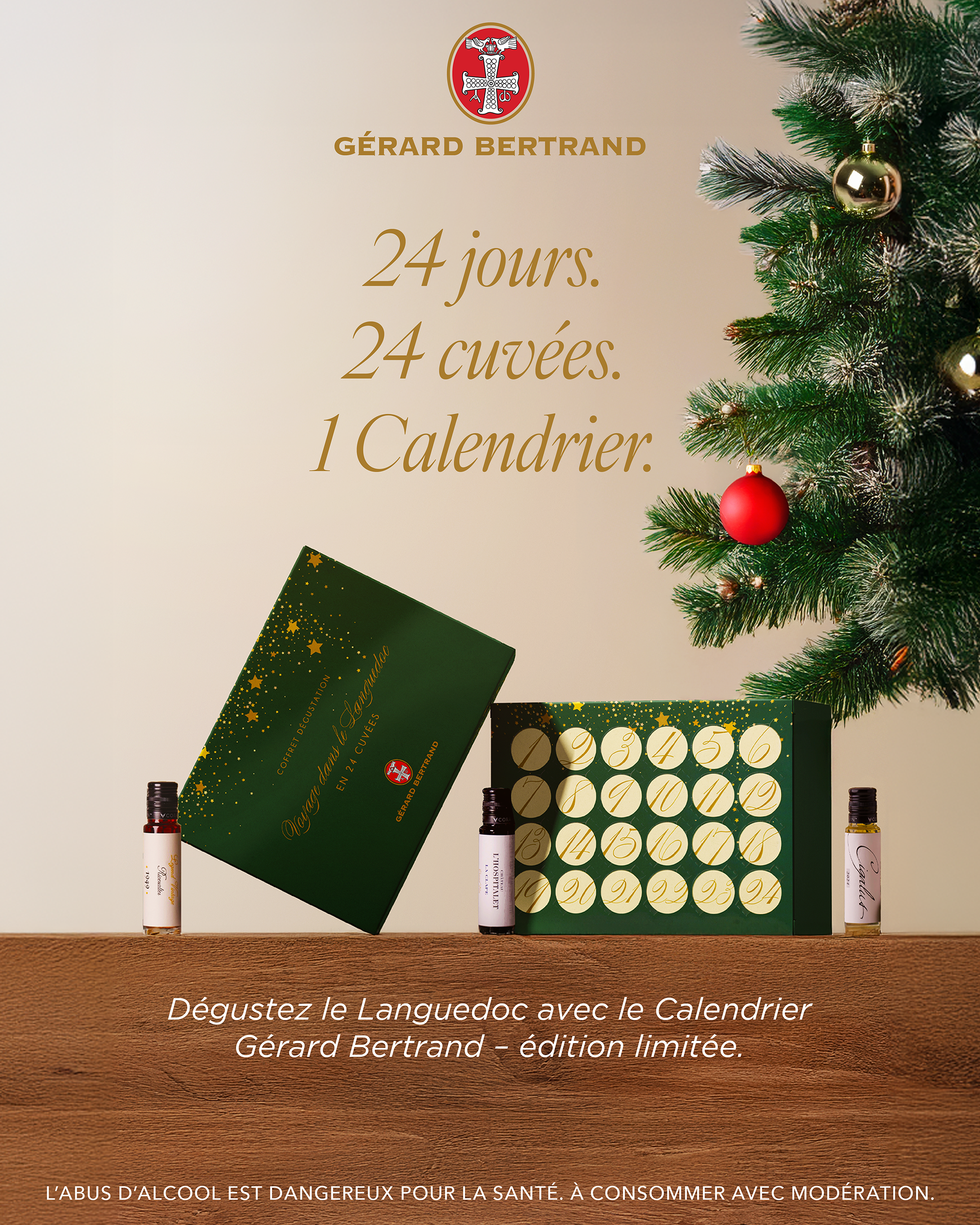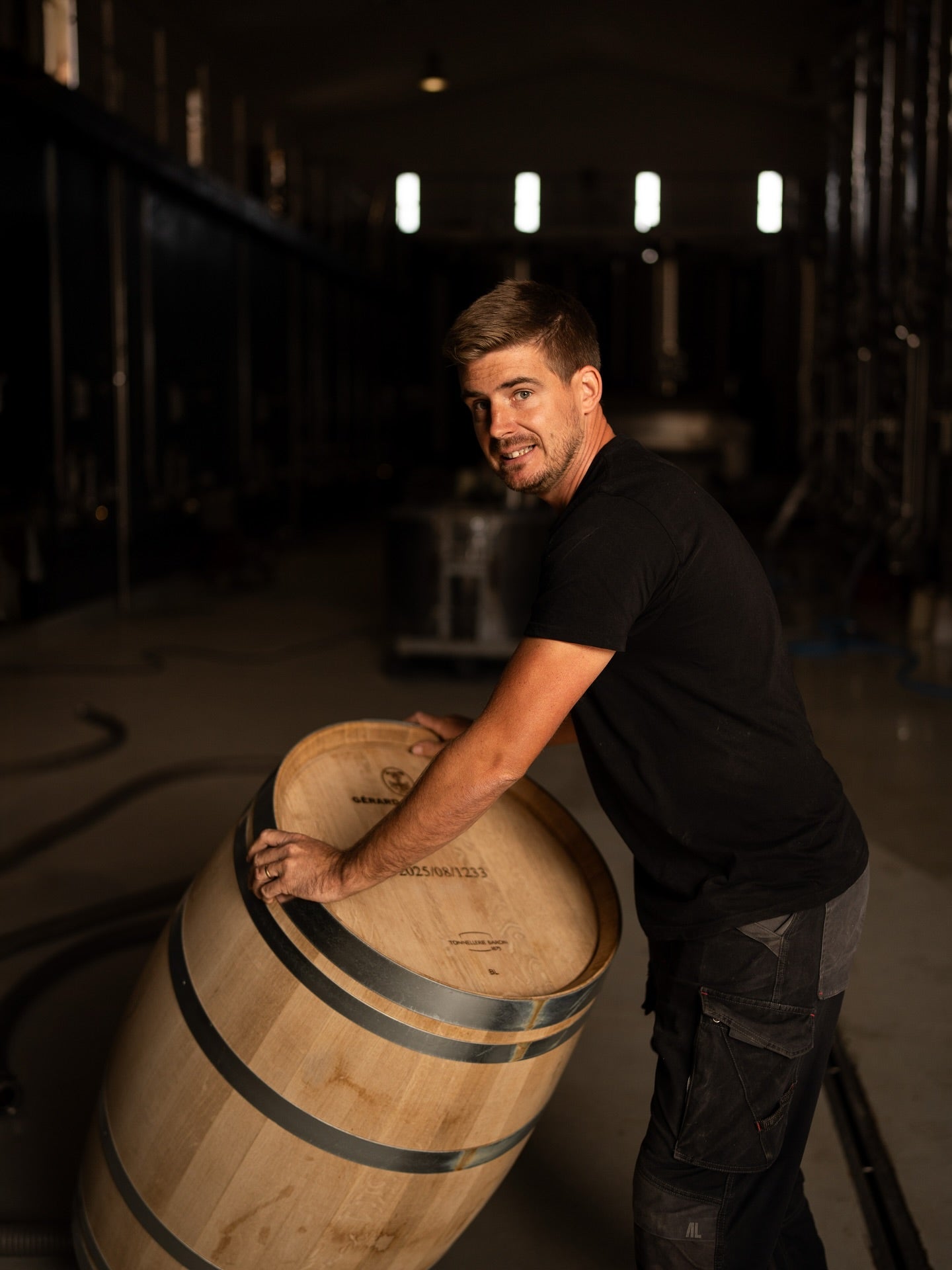Le vin idéal en 4 questions
FAITES LE QUIZZ



Le vin rosé est une boisson rafraîchissante, souvent associée aux journées ensoleillées d'été. Mais saviez-vous que pour savourer pleinement un vin rosé, il est essentiel de bien le conserver ?
Dans cet article, nous allons explorer en détail comment conserver du vin rosé, en abordant également quelques aspects de la fabrication vin rosé pour mieux comprendre pourquoi certaines conditions de conservation sont cruciales.

Avant de plonger dans les conseils de conservation, il est important de comprendre la fabrication vin rosé. Contrairement à ce que l'on pourrait penser, le vin rosé n'est pas simplement un mélange de vin rouge et de vin blanc. La fabrication du vin rosé repose sur des techniques spécifiques qui lui confèrent son goût délicat et sa couleur caractéristique.
Le vin rosé est produit à partir de raisins noirs, tout comme le vin rouge. La différence réside dans la durée pendant laquelle les peaux de raisin sont laissées en contact avec le jus. Pour le vin rouge, ce contact dure plusieurs jours, tandis que pour le vin rosé, il ne dure que quelques heures. Ce processus permet d'extraire juste assez de couleur et de saveur des peaux de raisin sans donner au vin la robustesse d'un rouge. Cette méthode de fabrication vin rosé explique pourquoi le rosé est souvent plus léger et fruité que le vin rouge.

La conservation du bon vin rosé ne se limite pas simplement à le mettre dans le réfrigérateur. Il y a plusieurs facteurs à prendre en compte pour garantir que votre vin rosé reste frais et savoureux le plus longtemps possible.
Température idéale
La température est l'un des facteurs les plus cruciaux pour conserver du vin rosé. Idéalement, le vin rosé doit être conservé à une température comprise entre 10°C et 12°C. Si vous n'avez pas de cave à vin, un réfrigérateur peut faire l'affaire à court terme, mais assurez-vous que la température ne descende pas en dessous de 8°C, car cela pourrait altérer les arômes du vin.
Position de la bouteille
La position de la bouteille est également importante pour la conservation du vin rosé. Comme pour les autres types de vin, il est recommandé de conserver les bouteilles de vin rosé couchées si elles sont bouchées avec un bouchon en liège. Cela permet au liège de rester humide, empêchant ainsi l'air d'entrer dans la bouteille, ce qui pourrait oxyder le vin et en altérer le goût.
Protection contre la lumière
Le vin rosé Languedoc est particulièrement sensible à la lumière, surtout à la lumière directe du soleil. Une exposition prolongée à la lumière peut dégrader le vin, en provoquant des changements chimiques qui altèrent son goût et sa couleur. Pour cette raison, il est conseillé de conserver les bouteilles de vin rosé dans un endroit sombre ou dans une cave à vin.
Humidité contrôlée
L'humidité joue également un rôle dans la conservation du vin rosé, surtout si les bouteilles sont bouchées avec du liège. Un environnement trop sec peut dessécher le liège, permettant à l'air de pénétrer dans la bouteille. À l'inverse, une humidité trop élevée peut favoriser le développement de moisissures. Idéalement, l'humidité devrait être maintenue autour de 70 %.

Une fois que vous avez ouvert une bouteille de vin rosé, la durée de conservation change. Le vin rosé ouvert commence à s'oxyder dès qu'il entre en contact avec l'air, ce qui peut altérer son goût.
Utilisation d'un bouchon hermétique
Après avoir ouvert une bouteille de vin rosé, il est essentiel de bien la refermer pour limiter l'exposition à l'air. Un bouchon hermétique ou une pompe à vide peut aider à retirer l'air de la bouteille, prolongeant ainsi la durée de conservation du vin.
Conservation au réfrigérateur
Une fois la bouteille ouverte, conservez le vin rosé au réfrigérateur. Le froid ralentit le processus d'oxydation, ce qui permet de prolonger la durée de vie du vin. Cependant, même avec ces précautions, il est recommandé de consommer le vin rosé ouvert dans les trois à cinq jours suivant l'ouverture pour en apprécier pleinement les arômes et saveurs.
Éviter les variations de température
Une des erreurs les plus courantes dans la conservation du vin rosé est de le laisser exposé à des variations de température. Le passage fréquent du chaud au froid peut provoquer une expansion et une contraction du liquide, ce qui peut altérer la qualité du vin.
Ne pas secouer la bouteille
Le vin rosé, comme tout autre vin, n'aime pas être secoué. Cela peut entraîner une oxydation rapide et une altération des saveurs. Il est donc important de manipuler les bouteilles de vin rosé avec précaution.
Oublier de consommer le vin à temps
Enfin, il est essentiel de se rappeler que le vin rosé n'est généralement pas conçu pour le vieillissement. Contrairement à certains vins rouges ou blancs qui peuvent s'améliorer avec le temps, le vin rosé est destiné à être consommé jeune, généralement dans les deux ans suivant la date de production.
La conservation du vin rosé est une étape cruciale pour apprécier pleinement ce vin léger et rafraîchissant. En comprenant les bases de la fabrication vin rosé et en suivant les conseils de conservation appropriés, vous pouvez garantir que chaque bouteille que vous ouvrez offre une expérience gustative optimale. Alors, la prochaine fois que vous ouvrez une bouteille de vin rosé, souvenez-vous de ces astuces pour en prolonger la fraîcheur et le plaisir.
Pour en savoir sur notre vin rosé :

Nous sommes fiers d’annoncer que Clos d’Ora 2021 figure 25e dans le top 100 des meilleurs vins au monde selon le Wine Enthusiast, avec une note exceptionnelle de 96/100.Véritable ambassadeur des gr...
Lire l'article
La première édition de notre Calendrier de l’Avent est disponible en précommande.Un coffret en 24 étapes pour découvrir les plus belles expressions du Languedoc : vins iconiques, millésimes rares, ...
Lire l'article
Sur les terrasses du Larzac, Nathan Cotes, Chef de culture au Château La Sauvageonne, façonne chaque jour l’âme de nos vins. Il évalue l’état et la qualité de la vigne et des raisins tout au lon...
Lire l'article